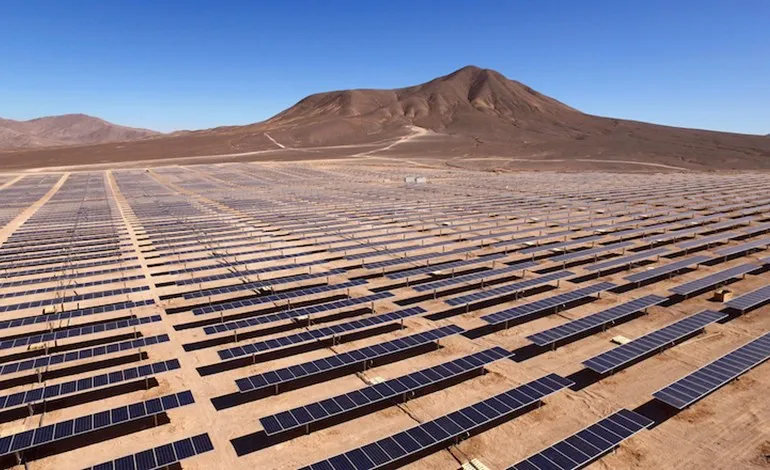International solar installments to grow 20% in 2022
- Annual PV buildout will certainly go beyond the 200GW (DC) mark next year, says IHS Markit

Worldwide solar photovoltaic or pv (PV) setups will see over 20% growth in 2022 and go beyond the 200GW (DC) barrier for the very first time, at a complete investment of a minimum of $170bn, according to a brand-new report.
IHS Markit's research anticipates solar PV setups to experience double-digit growth in 2021.
Proceeded growth with 2022 would mark the 2nd year straight to experience double-digit development of international installations in a high-price setting, the report highlighted.
IHS Markit's research study discovered the utility segment has actually been one of the most affected in 2021, with numerous projects delayed or terminated.
" By comparison, the solid development of the distributed generation i.e., residential, commercial and industrial (C&I) market has been one of the success tales of solar PV in 2021-- improved by the fuel dilemma and rising electrical energy prices, specifically in markets throughout Europe" said Josefin Berg, research supervisor, clean energy technology at IHS Markit.
The intense logistic and supply chain disturbance over the past year has "pressed the price of solar PV materials to new highs", said the report.
Furthermore, the announcement of new power constraints in mainland China in the latter half of 2021 has badly limited the result of suppliers in specific provinces, impacting production of essential products such as steel silicon, polysilicon and solar glass-- further boosting prices.
From October 2020 to October 2021, the price of polysilicon has actually grown over 200% alongside significant price increases in various other module materials such as solar glass and copper-- forcing module producers to increase their prices.
IHS Markit estimated that, because August 2021, average module manufacturing expenses have actually increased above 15% and module prices are now back to 2019 levels.
Other solar PV elements such as inverters and trackers are additionally being influenced by the shortage
IHS Markit expects that the current high costs of freight and subsequent shipping delays will certainly proceed "well right into 2022", specifically impacting the business economics of worldwide projects.
"There is significant appetite across worldwide markets to invest in and create solar setups, yet the supply chain is simply not prepared to meet this degree of demand, it requires time to change.
"We have seen this most clearly in the polysilicon market, which will certainly remain to be a traffic jam for solar PV development into 2022, up until prepared brand-new capacity is increase from 2023 onwards," said Edurne Zoco, executive director, tidy energy technology at IHS Markit.
Continued supply chain rigidity is expected to maintain high module prices until 2023.
The "wild card" for the 2022 forecast is the policy unpredictability in China, the US and India that must be dealt with by Q1 2022.
These statements will have "major effects" for making ability choices and market setup rate.
For instance, in China the length and strength of current power restrictions will determine solar PV exercise prices and the volume that is readily available to the domestic and international markets.
"Future configuration of policy decisions and macroeconomic problems could potentially threaten 20% of utility-scale forecast in the United States following year because of a mix of high costs, a possible expansion of the ITC scheme and raising obstacles to import modules from international markets," the report mentioned.
Regardless of the two-year deadlock in solar PV cost decline, solar remains to be just one of the energy innovations with the lowest capex and is the fastest power resource to install.
Over 1000GW (DC) of new solar setups are anticipated to be installed via 2025, driven by solar modern technology competitiveness, versatility and installation rate, that will certainly contribute to add to the decarbonization of the power system this decade," Zoco said.
Also read

